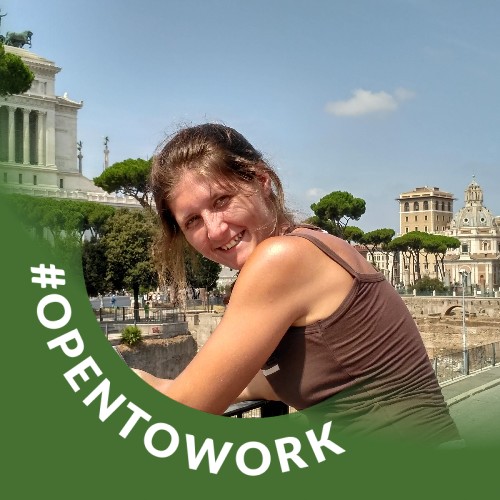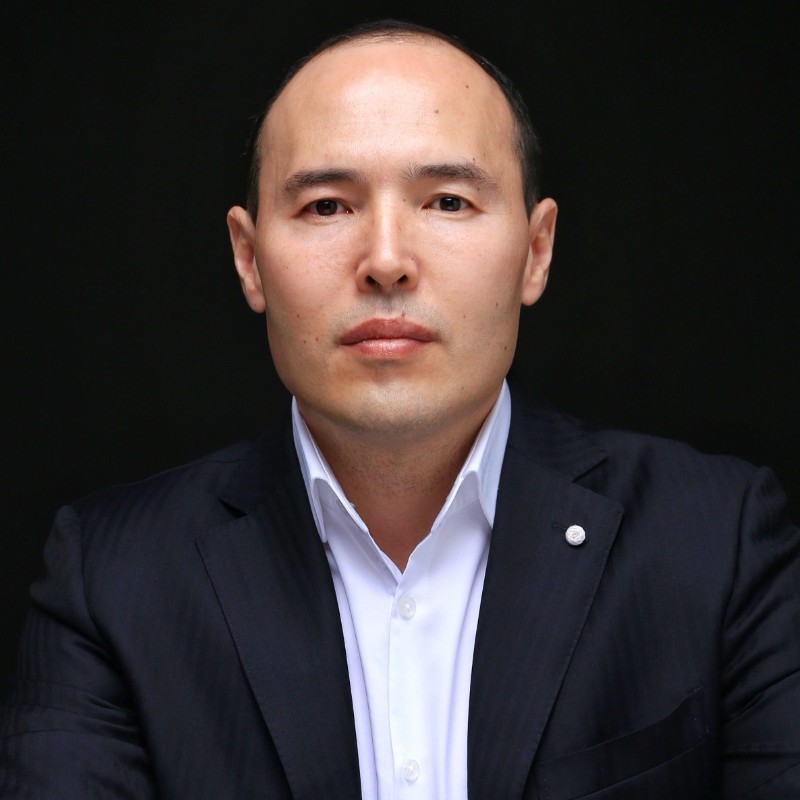If you are skilled at leading transformational change, aligning complex initiatives with strategic goals, and driving benefits realization across organizations, the Axelos MSP® Certification showcases your ability to manage programmes that deliver lasting value.

Managing Successful Programmes (MSP®) is a globally recognized framework developed by Axelos for effective programme management. The 5th Edition, released in 2020, offers updated guidance to align programmes and projects with organizational strategy, ensuring enterprise agility and the delivery of beneficial outcomes.
MSP® provides a structured approach comprising principles, themes, and processes that guide organizations through the complexities of programme management. It is designed to help manage large-scale, strategic, and complex initiatives by focusing on outcomes, risk mitigation, and stakeholder engagement.
The certification is structured into two levels:
- MSP® Foundation: Introduces the MSP® framework, ensuring a solid understanding of its principles and terminology.
- MSP® Practitioner: Builds upon the Foundation level, focusing on the application of MSP® principles in real-world scenarios.
For more information, visit the official MSP® certification page: Axelos MSP® Certification.
Why Earn the MSP® Certification?
Earning the MSP® certification offers numerous benefits for both individuals and organizations:
For Individuals:
- Professional Recognition: MSP® is an internationally recognized certification that validates your programme management expertise.
- Career Advancement: Equips you with the skills to manage complex programmes, enhancing your career prospects in programme and project management roles.
- Enhanced Competence: Provides a comprehensive understanding of programme management best practices, enabling you to contribute effectively to organizational change initiatives.
For Organizations:
- Strategic Alignment: Ensures that programmes and projects are aligned with organizational objectives and strategy.
- Improved Outcomes: Focuses on delivering benefits and managing risks, leading to successful programme outcomes.
- Stakeholder Engagement: Emphasizes active stakeholder involvement, fostering better communication and collaboration.
The MSP® framework’s emphasis on flexibility and adaptability makes it suitable for various organizational contexts, supporting effective change management and transformation.
MSP® Preparation Course Structure
Preparation for the MSP® certification involves understanding its principles, themes, and processes. Candidates can choose between self-study or attending courses offered by Accredited Training Organizations (ATOs).
MSP® Foundation Level:
- Objective: To confirm that the candidate understands the MSP® guidance sufficiently to work effectively with or as a member of a programme management team.
- Exam Format:
- Multiple-choice questions
- 60 questions per paper
- 60 minutes duration
- Pass mark: 60% (36 out of 60)
- Closed book
- Target Audience: Individuals involved in programme management, including programme managers, project managers, business change managers, and team members.
MSP® Practitioner Level:
- Objective: To confirm that the candidate can apply and tailor the MSP® guidance in a real-world context.
- Prerequisite: MSP® Foundation certification
- Exam Format:
- Objective testing
- 70 questions per paper
- 2.5 hours (150 minutes) duration
- Pass mark: 60% (42 out of 70)
- Open book (only the official MSP® 5th Edition manual is allowed)
- Target Audience: Programme managers, business change managers, and other professionals involved in managing programmes.
Candidates are encouraged to utilize resources such as the MSP® manual, sample exam papers, and training materials provided by ATOs to prepare effectively for the exams.
How does KnowledgeMap work?
Take a free preliminary test
Get an individual training schedule and complete tasks
Buy micro-exams and take proof testing
Take the exam at an official certification center

Reviews about the KnowledgeMap
The KnowledgeMap has trained more than 30 specialists who have successfully passed the certification exam.
















Oleksandr Khorunzhykevych, PMP






































